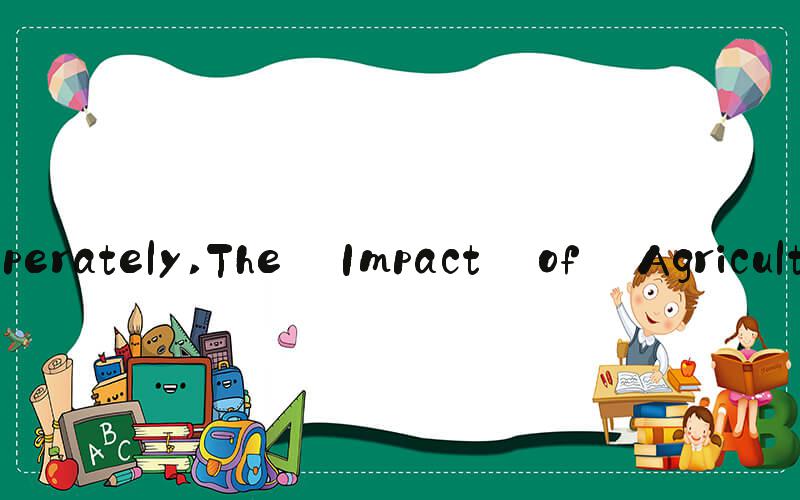
Desperately Seeking Solutions: The Global Water Crisis
The world is facing a water crisis, and it is not simply a question of turning on the tap. Over 700 million people lack access to safe, clean drinking water, and that number is expected to rise to a chilling 1.8 billion by 2025. Agriculture, industry, and climate change are all negatively impacting the global water supply, and it is clear that solutions must urgently be found.
The Impact of Agriculture
Agriculture consumes a staggering 70% of the world's water supply, and that number is only set to rise with global population growth. However, farming techniques in many parts of the world are woefully outdated, and water is frequently used inefficiently. Drought-resistant crops and sustainable irrigation methods are crucial to reducing agricultural water usage, but more research and investment is needed to bring these technologies to fruition.
The Price of Industrialization
As more and more nations become industrialized, their water usage skyrockets. Manufacturing processes use vast quantities of water, and wastewater discharge can lead to severe pollution. Water recycling and treatment facilities are essential to mitigating this effect, but few nations have the infrastructure in place to enable this. In addition, industry must work to develop more efficient water usage techniques and evaluate the environmental impact of every step of their manufacturing processes.
The Threat of Climate Change
Climate change is already beginning to disrupt global water supplies. Rising temperatures lead to droughts and water scarcity, particularly in areas that are already at risk. In other areas, heavier rainfall and rising sea levels can cause devastating flooding and saltwater intrusion. It is crucial that we take urgent action to mitigate the effects of climate change on our water supply, such as investing in green infrastructure and low-carbon technologies.
The Need for International Cooperation
The global water crisis is too large a problem for any one nation to solve alone. It is essential that nations work together to share their knowledge, resources, and technology in order to ensure that clean, safe water is accessible to all. International agreements and collaborations, such as the United Nations Sustainable Development Goals, are crucial to solving this crisis.
The Urgency of the Water Crisis
The global water crisis is not a problem for the future - it is a problem for now. Every day, individuals suffer without access to clean water, and the negative impact on health and development is immeasurable. It is essential that we act with urgency to find solutions to this crisis, before it is too late.
Desperately seeking solutions to the global water crisis must be a top priority for all nations. By working together to improve agriculture and industry, mitigate the effects of climate change, and invest in green infrastructure, we can ensure that everyone has access to clean, safe water for generations to come.

